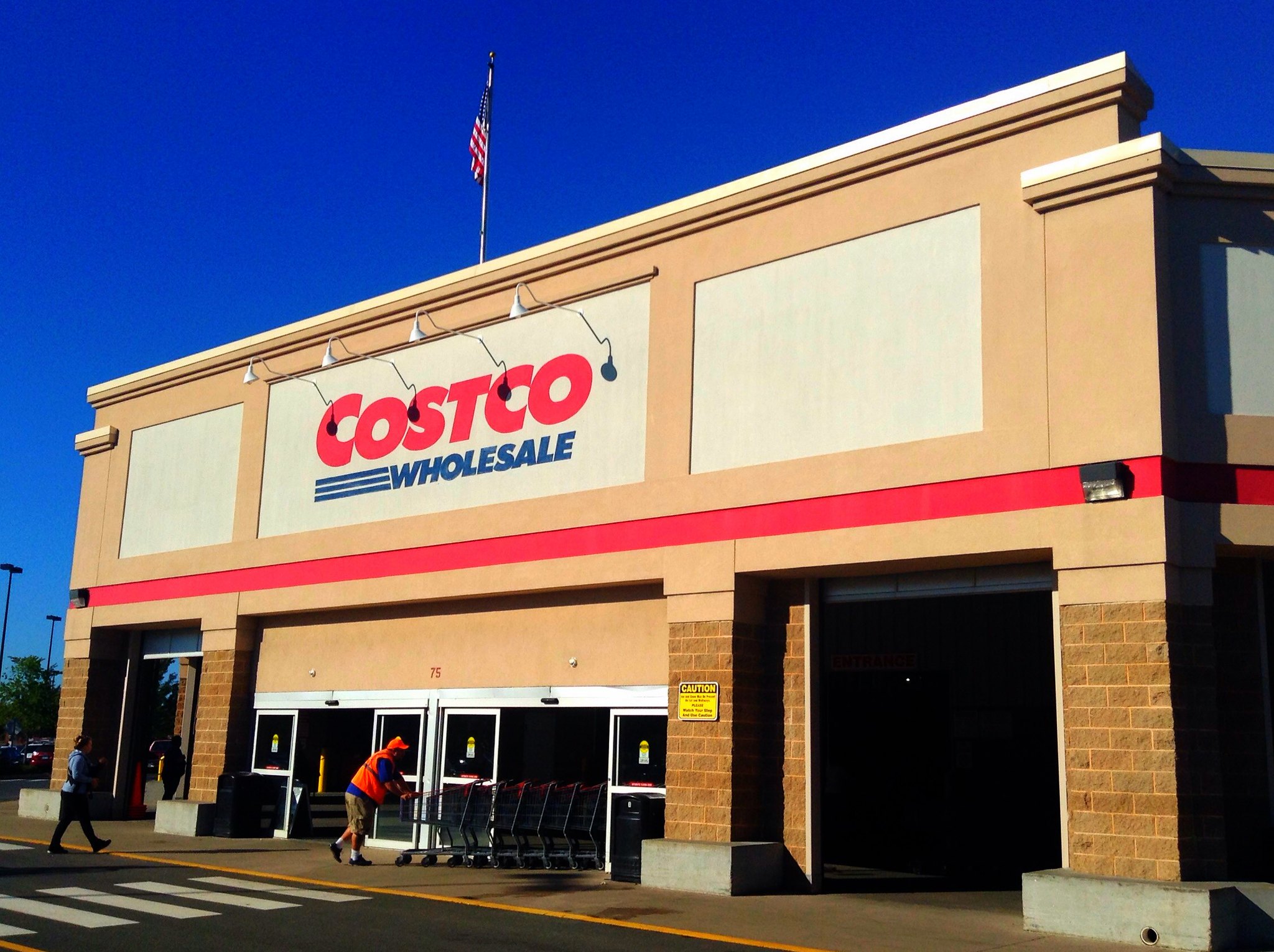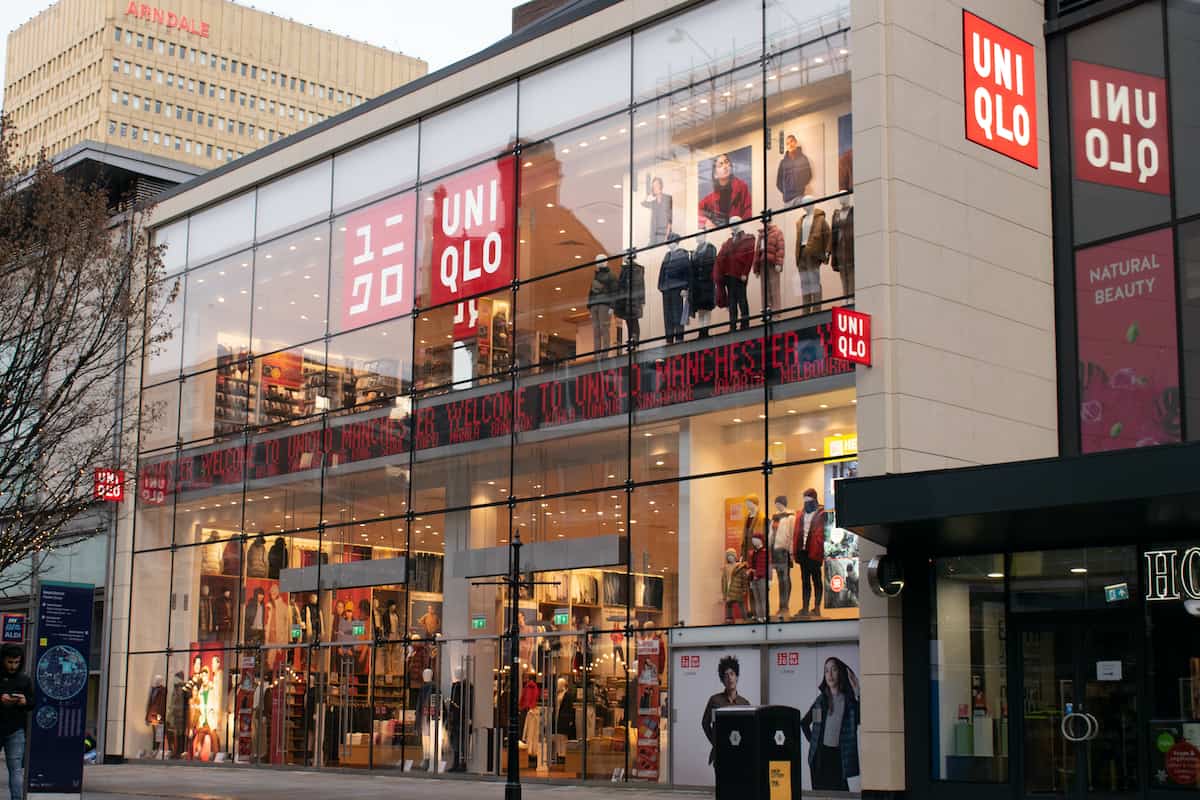Mobile Point of Sale (PoS) and mobile-enabled shop assistants are going to be key to digitising in-store, for almost half of all retailers. But payment-over-time models and try before you pay are going to be what pays for it.
So finds the latest research from Econocom UK, a leading provider of digital transformation solutions. According to the study, an overwhelming 95% of retailers believe that payment-over-time solutions are either important or very important to delivering future digital innovation in the retail industry, with 42% saying the latter. Furthermore, 99% of all retailers said that a payment-over-time model would make it easier for them to achieve their digital transformation goals.
The research, conducted on behalf of Econocom by survey consultant Censuswide, polled 100 key IT, digital and finance decision makers across the UK retail industry.
When questioning respondents about their digital transformation plans, Econocom found that 98% of retailers felt it was either important or either very important for them to regularly refresh their in-store technology assets in order to continue innovating. On average, respondents said their businesses were upgrading these assets every 15 months.
When asked specifically what their digital transformation business goals were, more than two-thirds (67%) of respondents said they wanted to improve customer experience and satisfaction, while more than half (55%) were looking to future-proof their business.
However, the research also found that 60% of respondents have struggled to implement new in-store digital technology assets as part of their digital transformation plans, either due to reliance on legacy IT systems, a lack of funds and/or a lack of staff resources. Importantly, just 8% of respondents felt as though there were no barriers to implementation, but a huge 99% of retailers said that a payment-over-time model would make it easier for them to achieve their digital transformation goals.
Chris Labrey, managing director, Econocom UK, says: “This research provides a fascinating insight into the retail industry and proves that existing business models are not conducive to industry innovation. As the figures show, a huge majority of retailers have found it difficult to achieve their digital transformation goals without being faced with obstacles, whether they be technical, financial or otherwise.
“However, payment-over-time models can help retailers jump these hurdles easily, and the demand for them amongst retailers is obvious. By paying for the desired in-store digital technology assets in regular instalments and having all the assets implemented and managed by a trusted provider, retailers can keep their customers satisfied and continue to drive forward innovation in the retail sector for a long time to come.”
Interestingly, digital signage was the most-desired technology asset among retailers, with 57% of respondents looking to implement it into their stores. Mobile point of sale (POS) systems were the second most-desired technology (48%), followed closely behind by mobile devices (45%).
“The in-store customer experience has never been more important to retailers than it is today — if retailers can offer something unique and valuable then they will ultimately drive more customers away from online shopping and into their bricks-and-mortar stores,” says Labrey. “This is why innovative technologies such as digital signage are proving to be so desirable. It’s a clear indication that retailers are in tune with what their customers want; they simply need some help in making sure these needs are met.”
In July 2017, 100 key decision-makers in retail were surveyed by Censuswide. Respondents were drawn from both Tier 1 (those with over £500m annual turnover) and Tier 2 (those with between £30m and £500m turnover) retailers.








